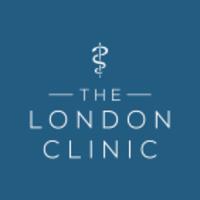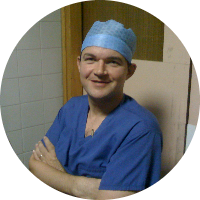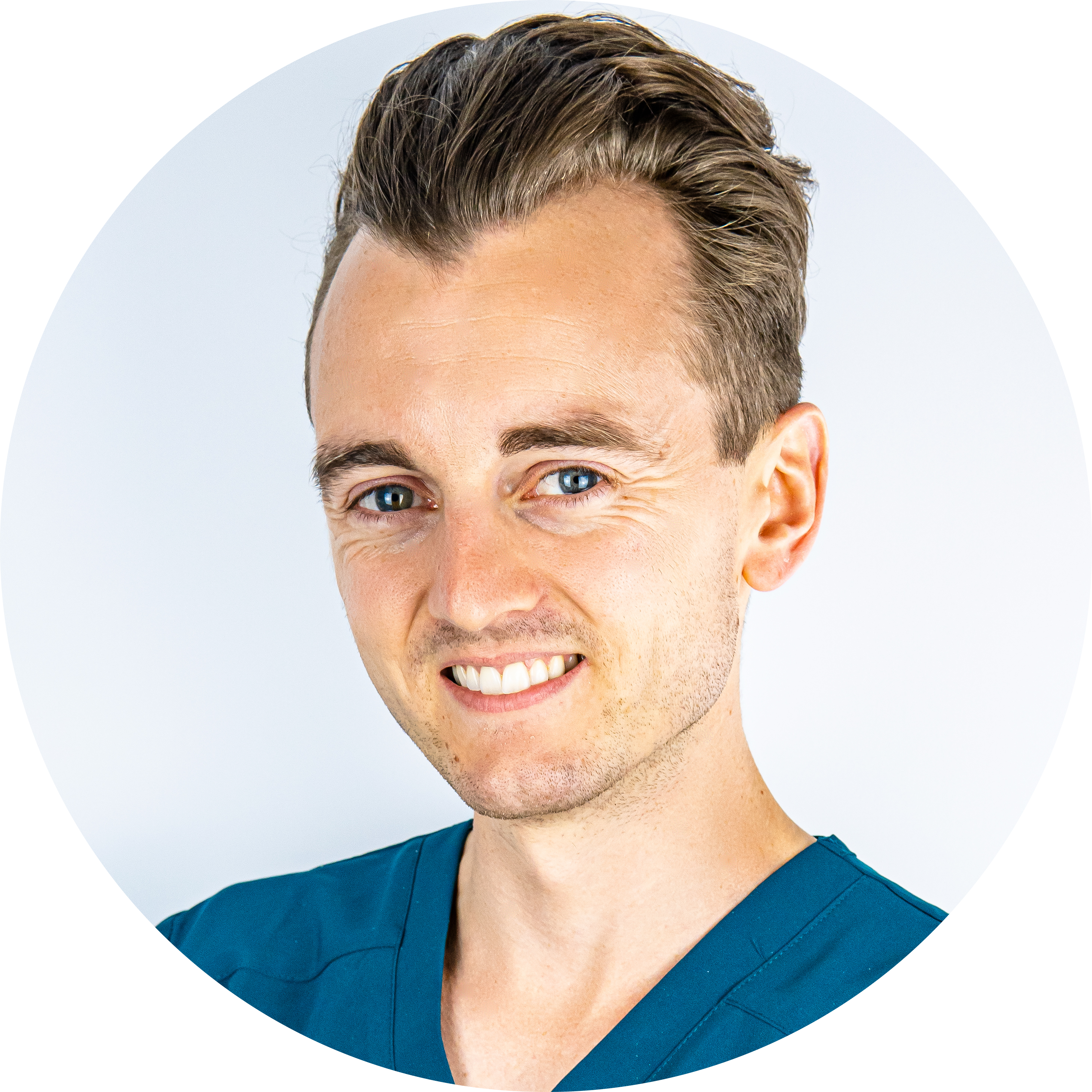- We publish verified reviews by real patients
- Full provider information
- Find & access the best care
- Reviews by patients and recommendations by doctors
- We publish verified reviews by real patients
- Full provider information
- Find & access the best care
- Reviews by patients and recommendations by doctors
Recent patient reviews
-
Spinal Fusion Lower Back Pain Spinal Surgery5.0
All the staff and services at The London Clinic were exemplary. It was like being treated in a 6* hospital within a 4-5* star hotel. All my needs were immediately attended to. The team had the utmost patience and flexibility in...
Verified patient -
Prostate Cancer Prostatectomy (Robotic) Robotic Surgery5.0
In addition to my having every confidence that he would perform the operation to the highest standard possible, he took the trouble to personally phone my wife to advise that it had gone well, ask if she had any questions etc...
Verified patient -
Video Consultation5.0
Although I spoke to Debi over the phone rather than face to face (as per my request) I could feel her warmth. She listened really careful, she didn't rush the call, she asked many questions to understand the bigger picture and gave some advice. I will use Debi moving forwards and recommend to friends. Thank you.
Verified patient -
Dental Implants Crowns Bridges5.0
I was very pleased with the options for treatment made available to me, with each one being explained clearly and my questions/concerns addressed in full. I was very impressed with the work done which was...
Verified patient -
Hip Replacement5.0
Dr Sarah Muirhead-Allwood was amazing since our first meeting (check up). She was clear abut setting my expectations and how the process would be. She came to say hello before the surgery and immediately after. I felt like she cared which is key for the patient.
Verified patient -
Thyroid Problems5.0
The staff were very helpful. 1 had a good experience and had no problems, and were respectful of my religion as I wear a headscarf, and they asked me to wear a mask, and I explained it's difficult to put it on, but they showed me the way without me having to take my headscarf off in front of people...
Verified patient -
Anxiety Disorder Depression5.0
I've been seeing Dr Kaitiff over the past several weeks for anxiety and depression. I was pretty nervous booking the first appointment - it's not always easy to talk about this kind of thing and I was unsure what to expect. However, he immediately made me feel calmer...
Verified patient -
Prostate Cancer Headache5.0
Dr Marlowe is a rare find – a specialist who takes a holistic view of her patients. She treats her patients with professionalism and empathy, listening carefully, examining thoroughly and observing closely...
Verified patient

Patient feedback matters
Promoting trust & transparency in healthcare
The Doctify Pledge
Meaningful insights
We want to make sure that patients have access to the very best services in healthcare in a trusted, transparent manner.
Created by doctors
Doctify was founded by two surgeons. They are passionate about helping patients find the right specialist or clinic by providing them with the right guidance and information.
Secure and trusted
We ensure patients have access to the very best quality information in a way they understand.

Are you a provider?
Join thousands of other providers who have signed up to our trust & transparency pledge and give your patients a voice.
- Collect verified reviews using our digital tool
- Validate your key expertise
- Connect, engage and understand your patients
- Real-time insights into your care
Are you a provider?

Join thousands of other providers who have signed up to our trust & transparency pledge and give your patients a voice.
- Collect verified reviews using our digital tool
- Validate your key expertise
- Connect, engage and understand your patients
- Real-time insights into your care














